Iraqi central bank orders private banks to close branches in Kurdistan within week
The Central Bank of Iraq has ordered private banks to halt their branches’ operations in the country’s semi-autonomous Kurdistan region within a week to avoid a ban on dollar sales.
According to Iraqi banking sources on Thursday, the official directive, dated November 7, warned that any bank that ignored the new order would no longer receive foreign currency transfers from the central bank, a move apparently intended to control the flow of hard currency into the Kurdish region.
The central bank’s deadline expires on November 14 and until then all banks have to report back to Iraq’s financial regulator with confirmation that they have closed their branches in order to avoid penalties.
The directive also cited instructions from the Iraqi parliament sent on October 12 that stipulate the central bank must “not sell foreign currencies to the banks working in [Kurdistan] Region or those who have branches there.”
The fresh punitive measure is part of financial restrictions imposed by Baghdad on the northern region in retaliation for a highly controversial referendum on independence that the Kurdistan Regional Government (KRG) held on September 25, despite strong opposition from the central government, the international community, and Iraq's neighboring countries.
Following the contentious vote, Baghdad imposed a ban on direct international flights to and from the Kurdish region and called for a halt to its independent crude oil sales. The KRG has described such measures as “collective punishment.”
On October 16, Iraqi federal forces also retook control of the Kurdish-held city of Kirkuk and many disputed territories in response to the Kurdish plebiscite.
12 killed as Israel strikes Lebanon’s historic city of Tyre
Israel used US weapons in ‘deliberate’ strike on journalists in Lebanon: Report
#BribedByAIPAC: US lawmakers on Zionist lobby payroll irked by ICC arrest warrants
From cradle to chaos: My infant son’s journey through war and displacement
Lebanon condemns Israeli attack on UN peacekeepers
‘Everyone here is at risk’: Injured Kamal Adwan Hospital director’s poignant message
VIDEO | 'We will rebuild a thousand times’
Ex-Israeli war minister Gallant to head to US despite ICC arrest warrant


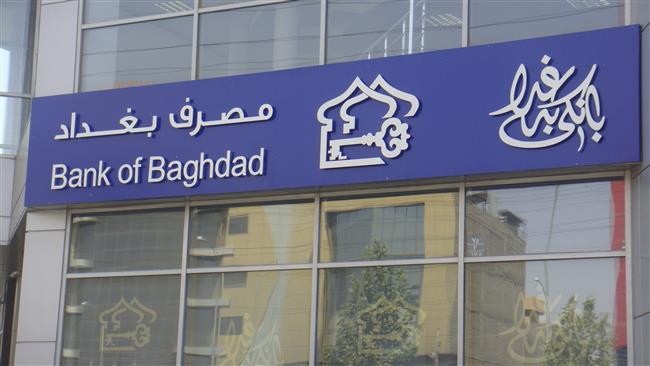

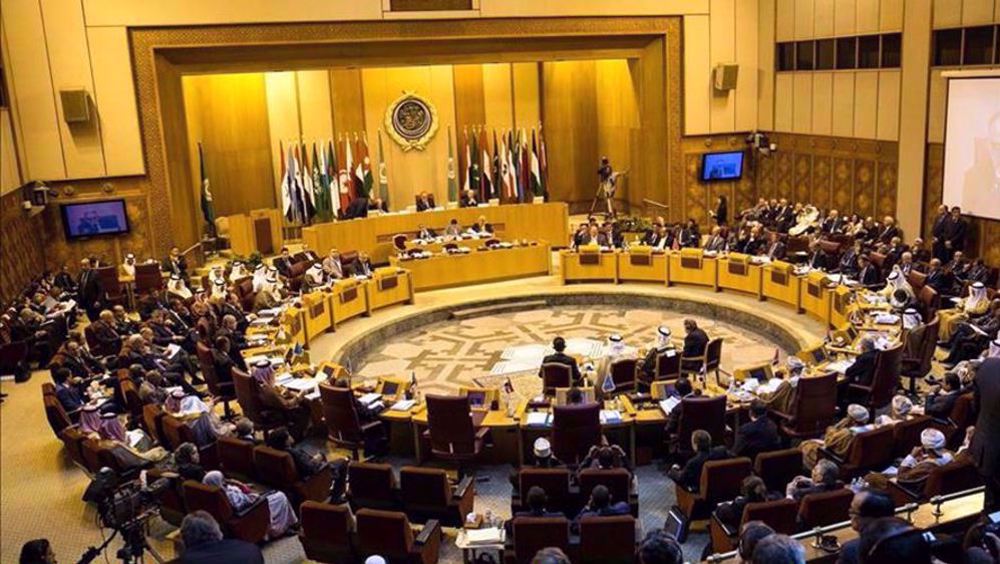
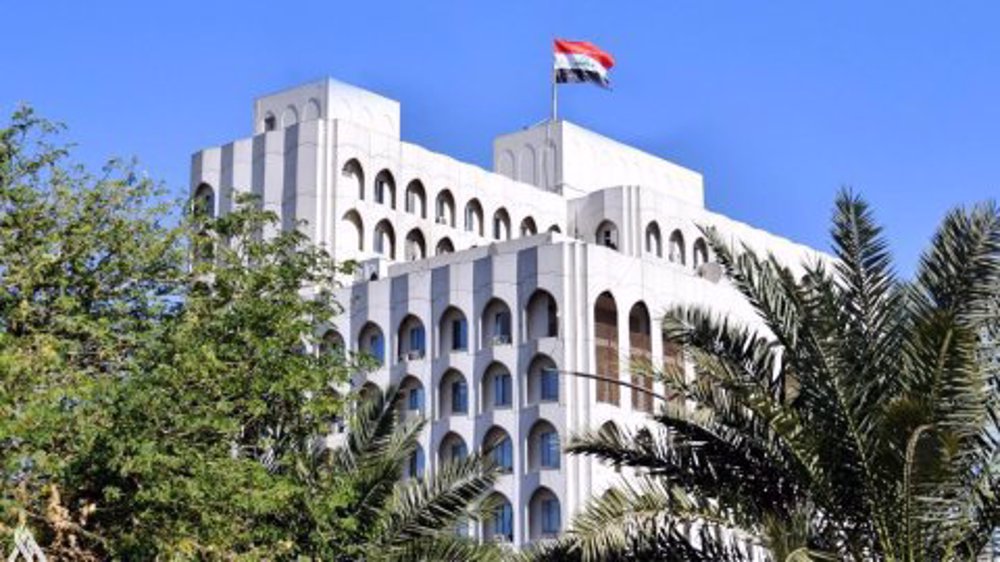



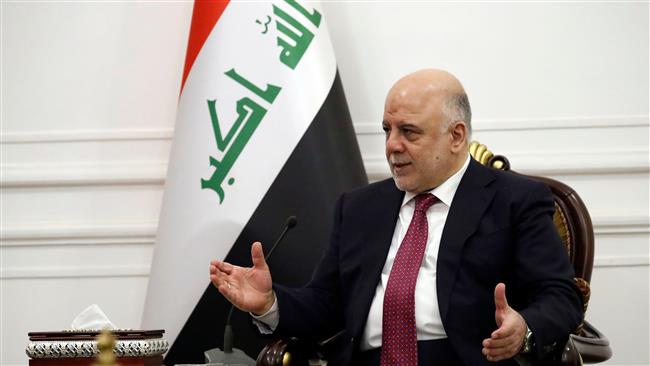
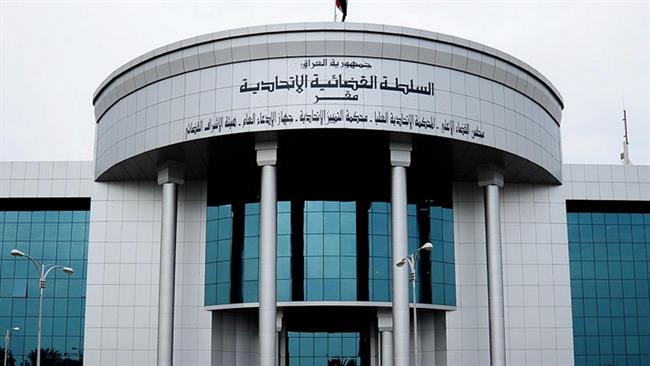

 This makes it easy to access the Press TV website
This makes it easy to access the Press TV website